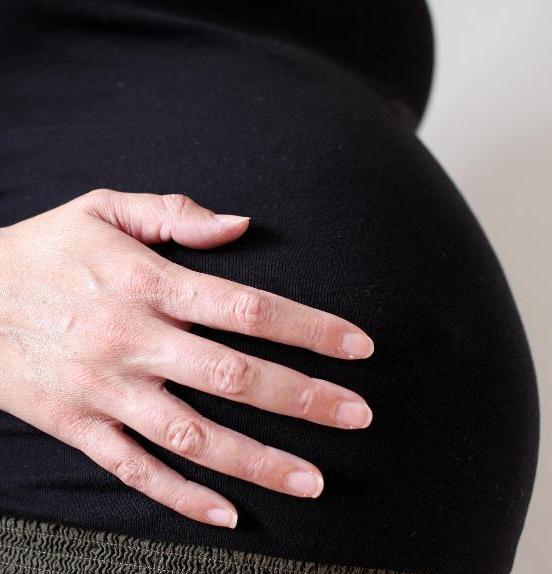New test boosts pregnancy success rate for women undergoing IVF
Women undergoing IVF could have an 80% chance of success thanks to a new test developed by British scientists. The test looks at how mitochondria - which are crucial for the development of healthy babies - behave inside each embryo. Experts have discovered that some embryos have far too much mitochondrial DNA (mtDNA) and will never develop into a baby. The fertility world is so impressed by the new findings from the University of Oxford that the work has been shortlisted for two major prizes.
You are potentially putting your patient through eight embryo transfers before you get to the one embryo that is viable.
Professor Dagan Wells
Mitochondria have a key role during embryo development. They are the main energy providers and have other critical functions. Professor Dagan Wells, from the university, said the test could be very beneficial for couples who often face a “difficult journey” through fertility treatment. He said the majority of embryos created through IVF “have no chance at all” of resulting in a successful pregnancy. "Any test of the embryo that will result in a baby is therefore highly desirable,“ he added. The new test, which could be available in the UK from next year, could hugely boost IVF success rates.
This new finding of mitochondrial assessment in human embryos could offer an additional opportunity to screen embryos prior to implantation, helping patients get pregnant quicker.
Stuart Lavery, consultant gynaecologist and h onorary senior lecturer in reproductive medicine at Imperial College London

Health IVF